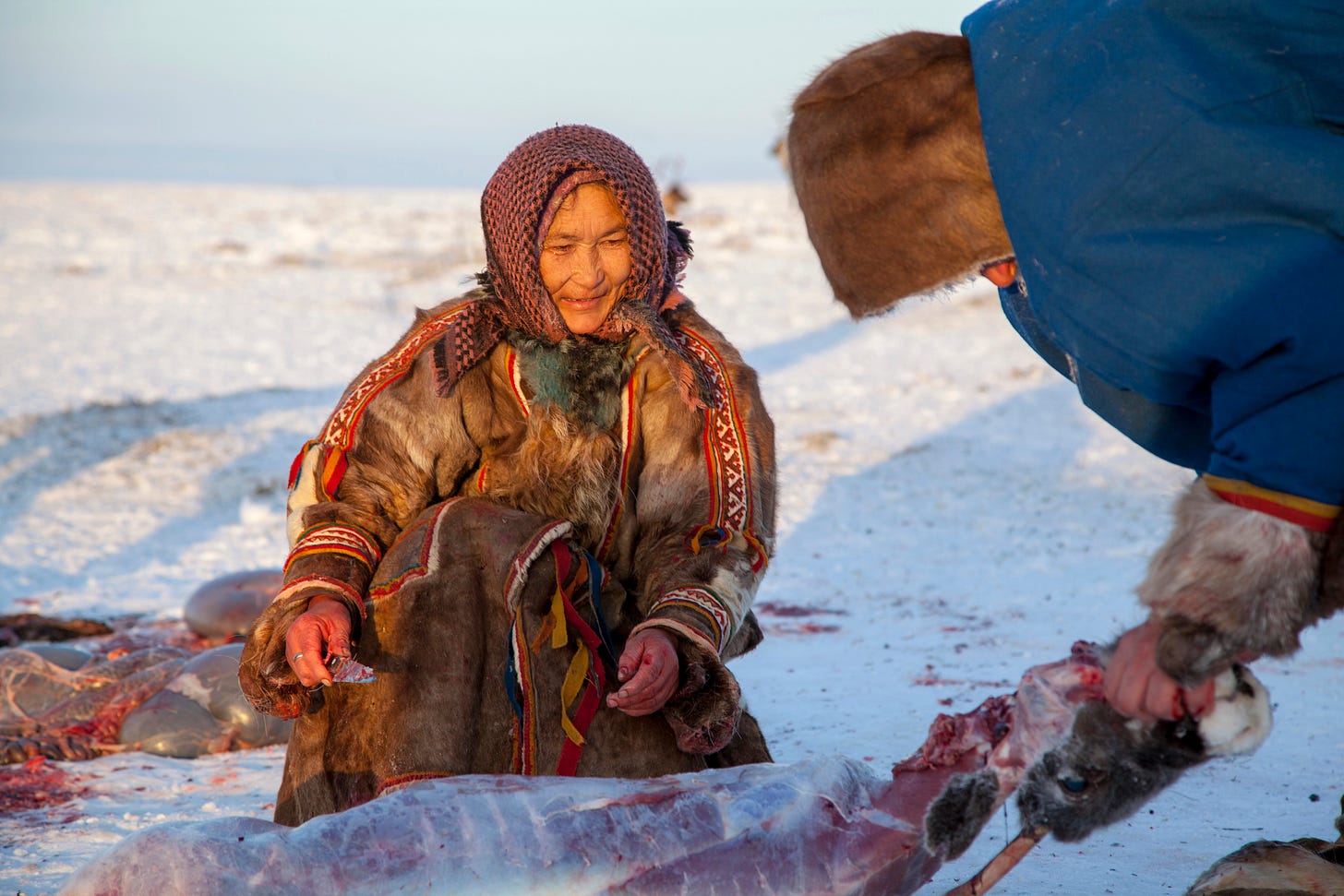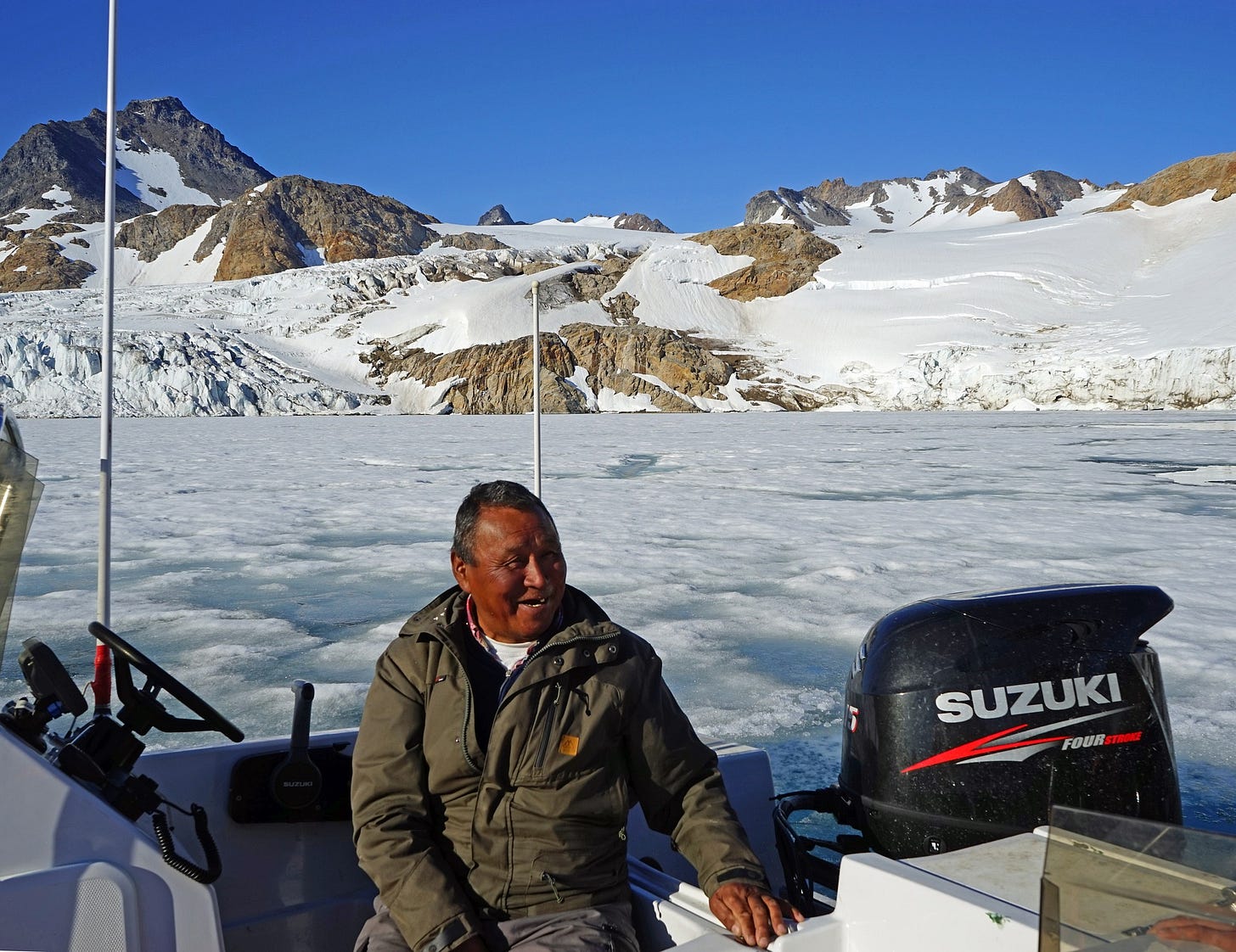The Complex Reality: Not All Human Beings Can Be Vegan
Exploring the Varied Dimensions of Dietary Choices and Ethics
The concept of veganism, which is deeply rooted in compassion for animals, environmental sustainability, and the desire to reduce harm to sentient beings, has gained considerable momentum over the past several years. Advocates of veganism argue that it presents a solution to many of the ethical and ecological crises we face today, offering a more compassionate way of living that aligns with values of justice, empathy, and responsibility toward the planet. By choosing a plant-based lifestyle, individuals aim to minimize their impact on the environment, reduce animal suffering, and promote better health outcomes for themselves and future generations.
‘‘Veganism, driven by compassion and environmental sustainability, is admirable but not feasible for everyone due to financial, cultural, or health-related barriers. Understanding these challenges allows for a more inclusive approach while still advocating for reduced harm to animals and a sustainable future.’’
However, it is important to recognize that adopting a vegan lifestyle, while ethically sound for many, is not a one-size-fits-all solution, and the feasibility of strictly adhering to a vegan diet is not attainable for everyone. There are numerous factors that complicate the adoption of veganism, ranging from socioeconomic barriers to health conditions, cultural traditions, and access to appropriate resources. For some, the cost of acquiring plant-based alternatives may be prohibitive, while others might live in food deserts where fresh produce is scarce or inaccessible. Additionally, certain medical conditions may limit the ability of individuals to fully transition to a vegan diet, requiring them to rely on animal products for adequate nutrition.
This article highlights the complex and multifaceted reasons why not all individuals can commit to a strictly vegan diet, despite the growing awareness and popularity of the movement. Furthermore, it examines the moral and ethical implications that arise from these challenges, exploring how society can approach the issue with sensitivity, understanding, and inclusivity, while still striving toward a future that promotes the welfare of all living beings and the health of the planet.
Top 5 Reasons:
Nutritional Considerations:
While a well-balanced vegan diet can provide all essential nutrients, there are cases where individuals may face challenges. Some people have specific dietary requirements due to medical conditions, allergies, or intolerances that necessitate the inclusion of animal products. For instance, individuals with certain digestive disorders or metabolic conditions may find it difficult to obtain adequate nutrients solely from plant-based sources.
Cultural and Geographical Factors:
Cultural traditions and geographical constraints play a pivotal role in determining dietary choices. Communities like the Inuit, who reside in regions with limited vegetation, have thrived on diets predominantly composed of animal products. For them, relying solely on plant-based options may not be practical or sustainable.
Socioeconomic Considerations:
Accessibility and affordability of vegan alternatives can be a significant barrier for some communities. In areas where fresh produce is scarce or expensive, relying on locally available animal products may be the most viable option for sustenance.
Food Sovereignty and Indigenous Rights:
Advocating for a one-size-fits-all vegan approach can sometimes infringe on the rights of indigenous communities who have cultivated deep relationships with their environment and traditional food sources. Respecting their autonomy in determining their dietary practices is a crucial aspect of ethical considerations.
Balancing Personal Health and Ethical Choices:
The intersection of personal health and ethical choices can be a complex terrain to navigate. Some individuals may find that including small amounts of animal products in their diet is necessary for their overall well-being. Balancing one's health needs with ethical convictions can lead to a nuanced approach to food consumption.
Summary:
In acknowledging the diverse factors that influence dietary choices, it becomes evident that a blanket prescription of veganism is not universally applicable. While the ethical foundation of veganism is commendable, it's imperative to recognize the complexities that shape individual dietary needs. Respecting diverse approaches to sustenance allows for a more inclusive and understanding discourse surrounding food ethics.
Resources:
Get my new booklet ‘‘25 Vegan Myths Debunked!’’
This concise guide is invaluable for anyone curious about veganism, offering evidence-based insights and practical guidance to navigate vegan living confidently. All proceeds benefit the promotion of animal rights worldwide!
Visit Our Amazon Store!
Notice: As an Amazon Associate, we earn a commission from qualifying purchases that help promote animal rights worldwide!
General Resources
Books:
Dominion: The Power of Animals in Nature and in Our Imagination by Matthew Scully
Animal Liberation by Peter Singer
Eating Animals by Jonathan Safran Foer
A Billion Hungry Mouths: Feeding the World Without Consuming the Planet by Colin Tudge
Websites and organizations:
Documentaries:
Articles:
"The Case for Animal Rights" by Tom Regan
‘‘Why We Love Dogs, Eat Pigs, and Wear Cows: An Introduction to Carnism’’ by Melanie Joy
‘‘Animal Rights: The Abolitionist Approach’’ by Gary L. Francione
‘‘Fellow Creatures: Our Obligations to the Other Animals’’ by Christine Korsgaard
Seeds of Compassion: Finding Jesus Christ in a Vegan World by Michael Corthell
Receive a single informative article daily at 12:01 AM by email. Explore my homepage with exciting vegan and plant-based news content and delightful and delicious recipes for additional updates. Stay connected to the vegan world and all it has to offer.
Visit The Vegan Project Global our Facebook page for more vegan outreach and education.
The information on this vegan/plant-based blog is for general informational purposes only. It is not intended as legal, medical, or professional advice. Readers should consult with appropriate professionals for specific advice tailored to their situation. The blog owner is not responsible for any reliance on the information herein.





Sadly, not everyone who can go vegan will. And not everyone is in a position to go vegan, as you outline. But, for the vast majority of people, they will have to go vegan for their health and the planet's survival. If only animal ethics could make a greater impact than it does.
Anyone and everyone can adopt and advocate a vegan lifestyle. There are no exceptions. Based on the definition „as far as possible and practical „. We can all avoid more animal products for cosmetics, entertainment, clothing etc. That has nothing to do with diet.